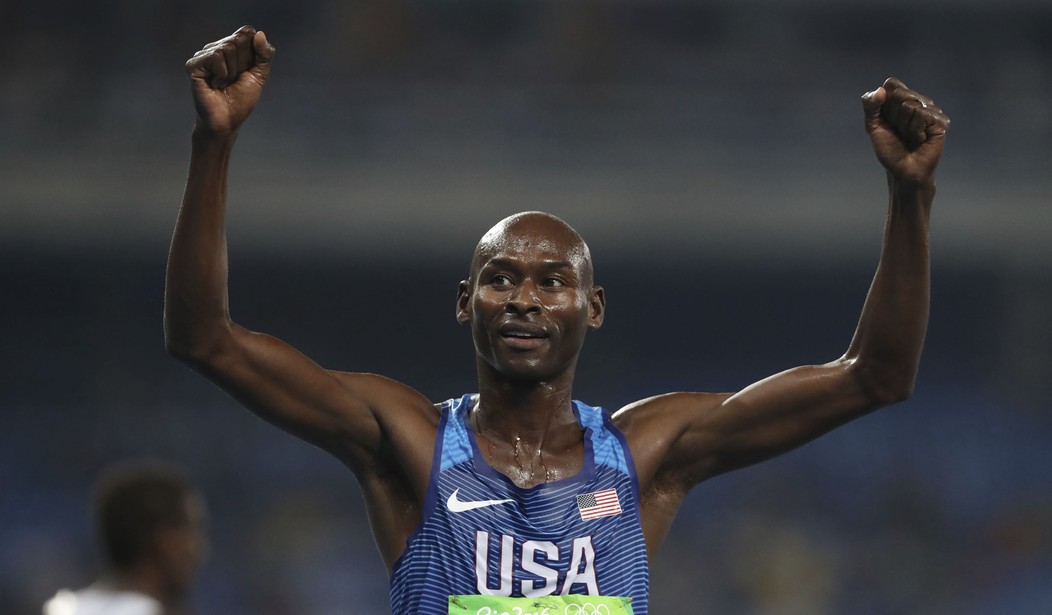The Tokyo Olympics begin this week, and the organizers’ worst nightmares are already coming true. Since July 1, 55 athletes, officials, and Olympics contractors have tested positive for the coronavirus. And most of the hundreds of thousands of participants haven’t even arrived yet.
There is a massive testing regime in place that will likely play havoc with the competition.
The incubation period of up to 14 days for the virus means athletes could test negative repeatedly before suddenly producing a positive test result just before or during competition. The chief medical officer for the South African team said the incubation period was likely the reason why the two athletes in the village tested positive. The South African men’s soccer team is due to play its first game on Thursday.
“Every member of Team South Africa required full medical clearance as an eligibility criteria. In addition, they were encouraged to isolate for two weeks pre-departure, monitor health daily, report any symptoms, and produce two negative nasopharyngeal PCR tests taken within 96 hours of departure, as per Tokyo 2020 requirements,” Dr. Phatho Zondi said.
Those who come in contact with an infected athlete will have to isolate for 10 days. They’ll be tested every day and must remain in the same room. They will be allowed out only for training sessions and competitions. They must test negative six hours before the competition and immediately prior to their event.
Sounds like a great time.
The overriding problem for Tokyo organizers is that there is no escaping the density or indoor nature of international travel to the Olympic Games and on to their accommodation. And then, there is no escaping in many sports the ongoing nature of contact between athletes—almost always maskless for their high-intensity activities. That means that a single positive test invariably draws in more athletes, and potentially whole teams.
“The participants of the Olympic Games are the most controlled population in the world,” IOC Olympic Games Operations Director Pierre Ducrey said. But is that really good enough?
But the Olympics aren’t a sequestered “bubble” like the one that American professional sports leagues built last year. NBA players traveled to Walt Disney World by private jet, unlike the majority of Olympians, who used commercial flights—which have already produced problems involving the Kenya’s women’s and South Africa’s men’s rugby 7s teams, after at least one passenger on each of their respective flights tested positive for Covid-19 upon landing.
The Japanese people aren’t thrilled at all about the Olympics being held in their country. A recent poll showed 78 percent were opposed to holding the games.
With the cost of the Olympics north of $26 billion, there is no way that organizers would agree to cancel the event. The International Olympic Committee is behind the games, and the government is backing them to the hilt. So far, there’s been no noticeable political cost to Japanese politicians. But if COVID-19 cases surge in cities where the Olympic competitions are being held, that may change very quickly.










Join the conversation as a VIP Member